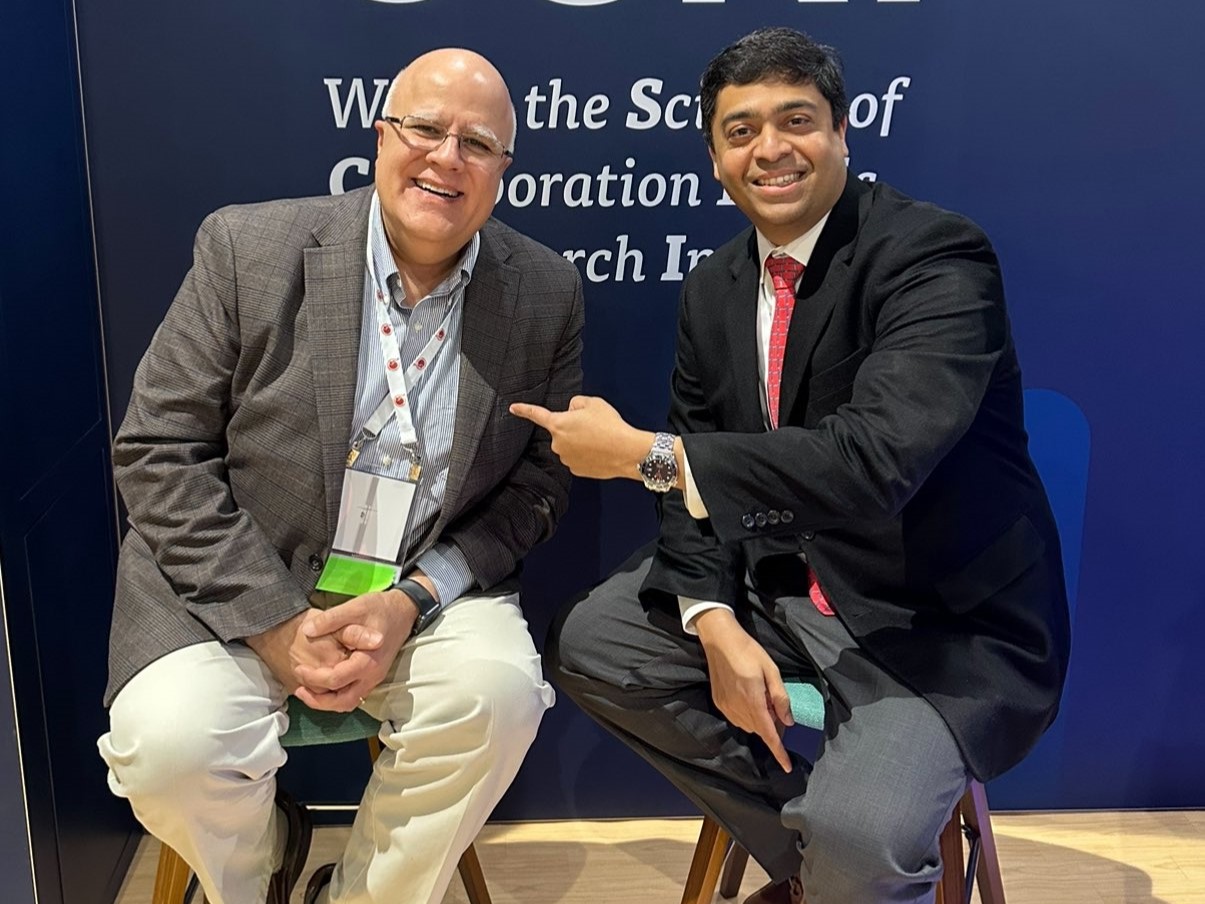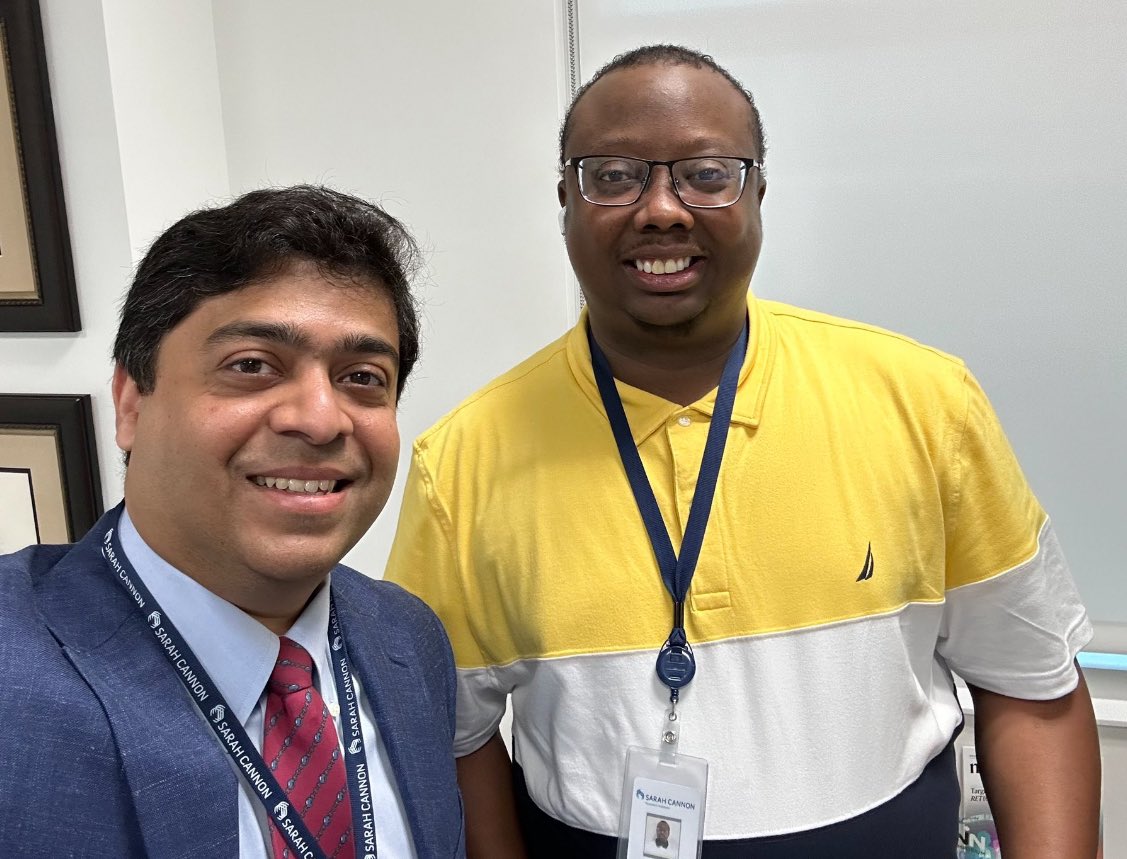Quoting Vivek Subbiah’s post on X/Twitter:
“Hot off the press! HUGE MILESTONE in all of medicine and a huge win for patients and families with sickle cell disease and β-Thalassemia. Today, two back-to-back papers published with an editorial in the New England Journal of Medicine on the First Gene Therapies to Treat Patients with Sickle Cell Disease and β-Thalassemia.
Meet Dr Haydar Frangoul, Director of Stem Cell Transplant, Sarah Cannon Research Institute and The Children’s Hospital at Tristar Centennial, Nashville, TN who spearheaded the CRISPR-Cas9 clinical trials.
Thanks to real life super heroes like Mike for enrolling and volunteering in the CRISPR gene therapy clinical trial for sickle cell disease FDA approved this ground breaking gene therapy. This is the WHY we do what we do – to make life-changing breakthroughs possible.
Link to FDA approval.
Links to initial NEJM paper 1 and paper 2.
Link to an amazing patient story.
Precision Medicine for the win!”
Source: Vivek Subbiah/X
Vivek Subbiah is the Chief of Early-Phase Drug Development at the Sarah Cannon Research Institute (USA). He is the former Executive Director of Oncology Research at the MD Anderson Cancer Network and a former Associate Professor in the Department of Investigational Cancer Therapeutics at The University of Texas MD Anderson Cancer Center.
Dr. Vivek Subbiah has served as the principal investigator in over 100 phase I/II trials and co-investigator in over 200 clinical trials and is known for his leadership in several first-in-human and practice-changing studies that directly led to approvals from the FDA, European Medicines Agency, and other agencies across the world. He is an expert in tumor agnostic precision oncology and leads the BRAF and RET tissue agnostic studies to FDA approval.
CRISPR, short for Clustered Regularly Interspaced Short Palindromic Repeats, is a revolutionary gene-editing technology that has transformed biological research and holds immense promise for medical applications. Derived from a bacterial defense mechanism against viruses, CRISPR allows scientists to precisely modify DNA sequences in living organisms with unprecedented accuracy and efficiency.
By utilizing an enzyme called Cas9 to target specific DNA sequences, researchers can edit genes to correct mutations, study gene function, and develop potential therapies for genetic disorders, cancer, and infectious diseases.
CRISPR’s versatility, affordability, and simplicity have democratized genetic engineering, enabling researchers worldwide to conduct experiments previously inaccessible due to technical and cost limitations.



